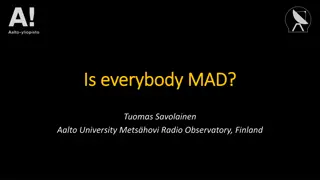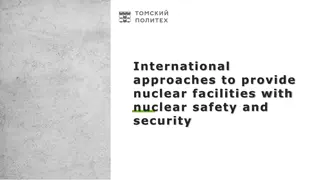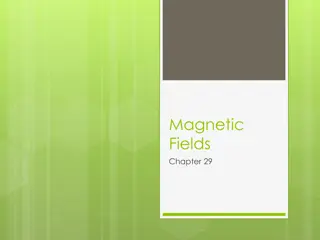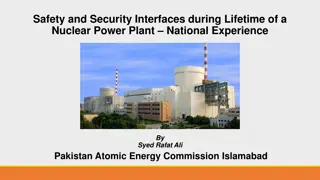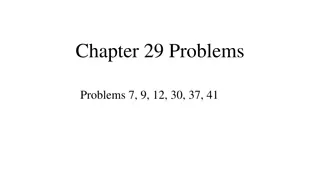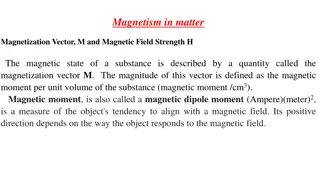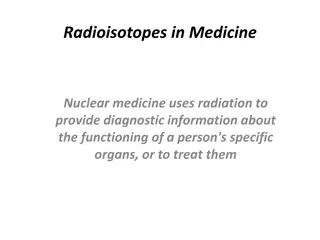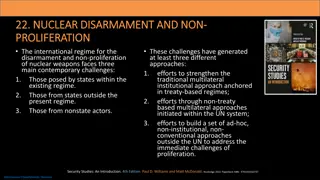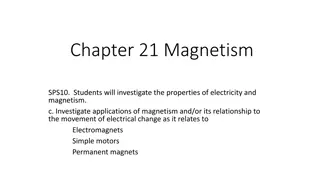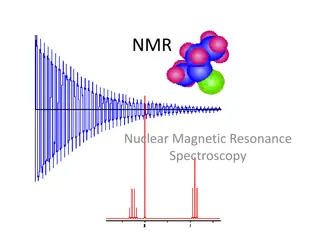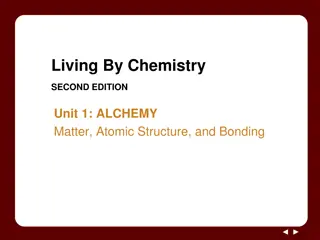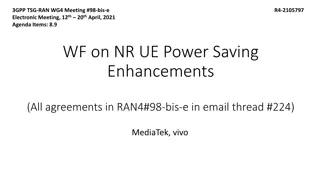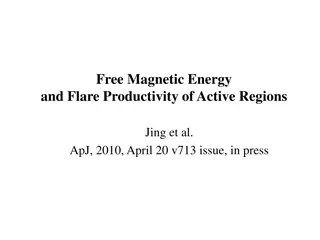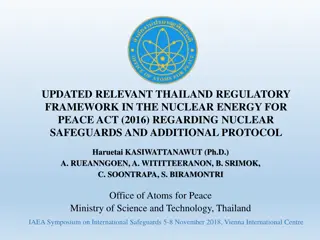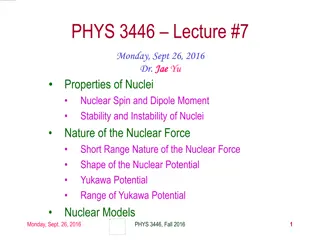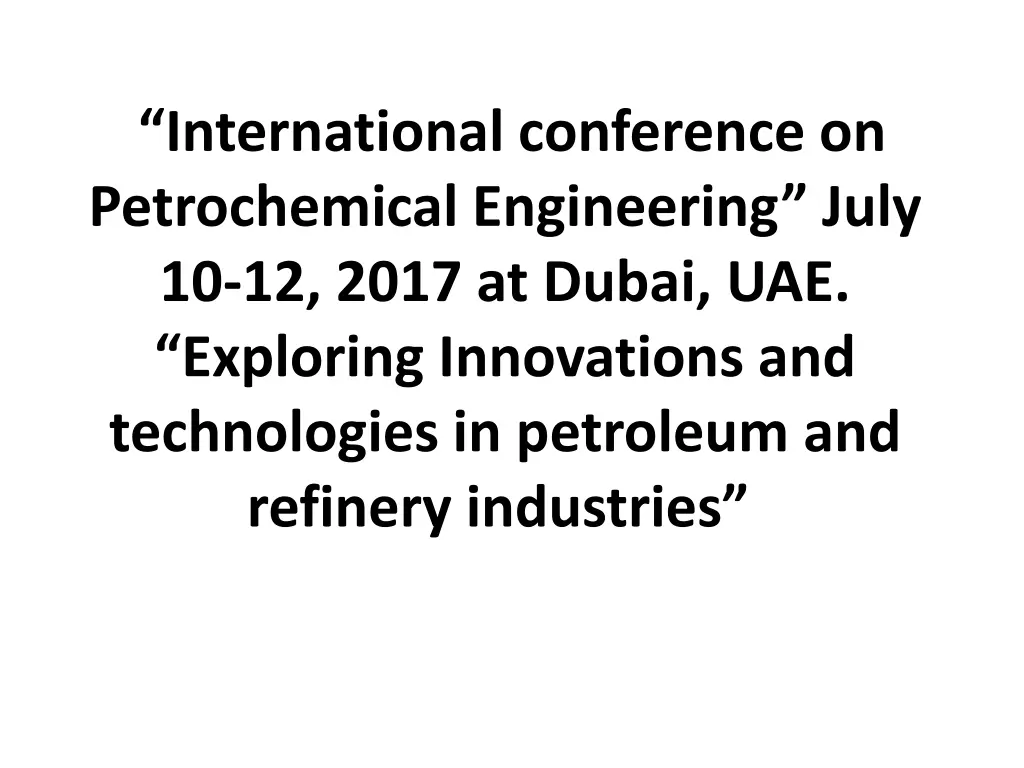
Innovations in Petrochemical Engineering and Reservoir Characterization
Explore innovative technologies in petroleum and refinery industries at the International Conference on Petrochemical Engineering in Dubai, UAE. Professor Khalid Elyas Mohamed Elameen Alkhidir discusses using nuclear magnetic resonance relaxation time as a diagnostic parameter for reservoir characterization. Learn about the findings from the Shajara Reservoirs and Shajara Formation of the Permo-Carboniferous Unayzah Group, including the relationship between permeability and relaxation time fractal dimension.
Download Presentation

Please find below an Image/Link to download the presentation.
The content on the website is provided AS IS for your information and personal use only. It may not be sold, licensed, or shared on other websites without obtaining consent from the author. If you encounter any issues during the download, it is possible that the publisher has removed the file from their server.
You are allowed to download the files provided on this website for personal or commercial use, subject to the condition that they are used lawfully. All files are the property of their respective owners.
The content on the website is provided AS IS for your information and personal use only. It may not be sold, licensed, or shared on other websites without obtaining consent from the author.
E N D
Presentation Transcript
International conference on Petrochemical Engineering July 10-12, 2017 at Dubai, UAE. Exploring Innovations and technologies in petroleum and refinery industries
Nuclear Magnetic resonance relaxation Time As a Diagnostic Parameter for Reservoir characterization Professor: Khalid Elyas Mohamed Elameen Alkhidir khalkhidir@ksu.edu.sa kalkhidir@ksu.edu.sa King Saud University, college of Engineering, Al-amoudi Research Chair in Petroleum EOR
Abstract Field observations have been reported and stratigraphic column was constructed. Porosity was measured and permeability was calculated from capillary pressure data. Transverse nuclear magnetic resonance relaxation time was derived from capillary pressure data. NMR fractal dimensions were calculated. Based on the results the sandstones of the Shajara Reservoirs of the Shajara Formation of the Permo-Carboniferous Unayzah Group were divided here into three units. The obtained units from base to top are: Lower Shajara Nuclear Magnetic Resonance relaxation Time Fractal Dimension unit, Middle Shajara Nuclear Magnetic Resonance relaxation Time Fractal Dimension unit, Upper Shajara Nuclear Magnetic Resonance relaxation Time Fractal Dimension unit. It was found that the permeability increases with increasing relaxation time fractal dimension.
Al-Khidir et al 2010 Reservoirs Heterogeneity Characterization of the Shajara Member: Permo- Carboniferous Unayzah Formation. The 2nd Saudi meeting on Oil and Natural Gas Exploration and production Technologies King Fahad university of Petroleum and minerals Campus, Dhahran, saudi Arabia December 18 - 20, 2010 http://saudiarabiaoilandgas.com/magazines/SAOG_ ISSUE_17/saog17.pdf Al-khidir et al 2011 Bimodal pore size behavior of the Shajara Formation Reservoirs of the Permo- Carboniferous Unayzah Group, Saudi Arabia.
Journal of petroleum exploration and Production technology http://www.springer.com. Al-khidir et al 2012 Characterization of heterogeneity of the Shajara reservoirs of the Shajara formation of the Permo-Carboniferous Unayzah group. Arabian Journal of Geoscienes http://www.springer.com Al-Khidir et al Geoscience; New Findings Reported from King Saud University Describe Advances in Geoscience Science Letter (Oct 25, 2013): 359. http://search.proquest.com/docview/1442487929?a ccountid=44936
Al-Khidir et al 2013 Differential Capacity Fractal Dimension and Water Saturation Fractal Dimension as Parameters for Reservoir Characterization: Shajara Formation of the Permo-Carboniferous Unayzah Group as a Case Study. 10th Meeting of the Saudi Society for Geoscience Geosciences for Sustainable Development 15-17 April, 2013 King Fahad university of petroleum and minerals Campus, Dhahran, Saudi Arabia.
Al-Khidir 2015 Induced Polarization Relaxation Time Fractal Dimension Derived from Capillary pressure data for characterizing Shajara Reservoirs of the shajara Formation of the Permo-carboniferous Unayzah Group. The Eleventh International Geological Conference 23 25 Rajab 1436 12 14 May 2015. https://sciences.ksu.edu.sa/sites/sciences.ksu.e du.sa/files/imce_images/program-geo.pdf
Theoretical background The transverse relaxation time of nuclear magnetic resonance can be scaled as follows: ?? ????? Where Swis the water saturation; T2 transverse relaxation time of nuclear magnetic resonance (NMR) and T2 max is the maximum transverse relaxation time of nuclear magnetic resonance and Dfis the fractal dimension. Equation 1 can be proved from Schlumberger Doll Research as follows: ? = ? ?? ??? ? ?? ??= 1 ?
Where k is the permeability in millidarcy (mD) ; is the fractional porosity ; and T2the transverse relaxation time of nuclear magnetic resonance. Divide both sides of equation 2 by porosity ? ?= ? ?? Equation 3 after simplification will become ? ?= ? ?? ??? Take square root of both sides of equation 4 ? ??? ? ? ? ? = ? ?? ??? ?
Equation 5 after simplification will result in ? ? = ? ?? ?? ? ? ? ???; = ??? ? Where RQI is the reservoir quality index in micrometer, k is the permeability in millidarcy and is the fractional porosity, a conversion factor of 0.0314 is needed to convert sqrt(k/ ) to micrometer Amaefule et al 1993. Insert equation 7 into equation 6 ??? = ? ?? ?? The maximum value of reservoir quality index scaled as ?
The maximum value of reservoir quality index scaled as ??????= ? ????? But the reservoir quality index can be connected to water saturation Swand fractal dimension Dfas follows: ? ?? ?? ? ??? ?????? ??= ?? Insert equation 8 into equation 10 ? ?? ? ?? ?? ?????? ?? = ?? Insert equation 9 into equation 11 ? ?? ? ?? ?? ? ????? ?? ?? = ??
Equation 12 after simplification will become ?? ????? Equation 13 is the prove of equation 1which relates water saturation to transverse relaxation time of nuclear magnetic resonance; maximum transverse relaxation time of nuclear magnetic resonance ; and fractal dimension. ? ?? ?? = ??
Sample SJ1;=29%;K=1680mD; Df=2.7859
Sample SJ2;=35%;K=1955mD; Df=2.7748
Sample SJ3;=34%;K=56mD; Df=2.4379
Sample SJ4;=30%;K=176mD; Df=2.6843
Sample SJ7;=35%;K=1472mD; Df=2.7683
Sample SJ8;=32%;K=1344mD; Df=2.7752
Sample SJ9;=31%;K=1394mD; Df=2.7786
Sample SJ11;=36%;K=1197mD; Df=2.7586
Sample SJ12;=28%;K=1440mD; Df=2.7859
Sample SJ13;=25%;K=973mD; Df=2.7557
Petrophysical model showing transverse relaxation Time Fractal Dimension of Nuclear magnetic resonance Sample Number Porosity ( %) Permeability (mD) T2NMR fractal dimension SJ1 29 1680 2.7859 SJ2 35 1955 2.7748 SJ3 34 56 2.4379 SJ4 30 176 2.6843 SJ7 35 1472 2.7683 SJ8 SJ9 32 31 1344 1394 2.7752 2.7786 SJ11 36 1997 2.7586 SJ12 28 1440 2.7859 SJ13 25 973 2.7557
The three Shajara Transverse Relaxation time nuclear magnetic resonance Fractal dimension Units
Conclusions The sandstones of the Shajara Reservoirs of the Shajara formation of the permo-Carboniferous unayzah group were divided here into three units based on nuclear magnetic resonance transverse relaxation time. The transverse time nuclear magnetic resonance fractal dimension increases with increasing permeability. The fractal dimension also increases with increasing grain size due to the presence of interconnected channels.
Digenetic features such as foreignization accelerates the transverse relaxation time fractal dimension of the Shajara sandstones due to their deposition in oxygenated environment. However, cementing materials reduce the NMR fractal dimension owing to pore oclusion. compaction and

